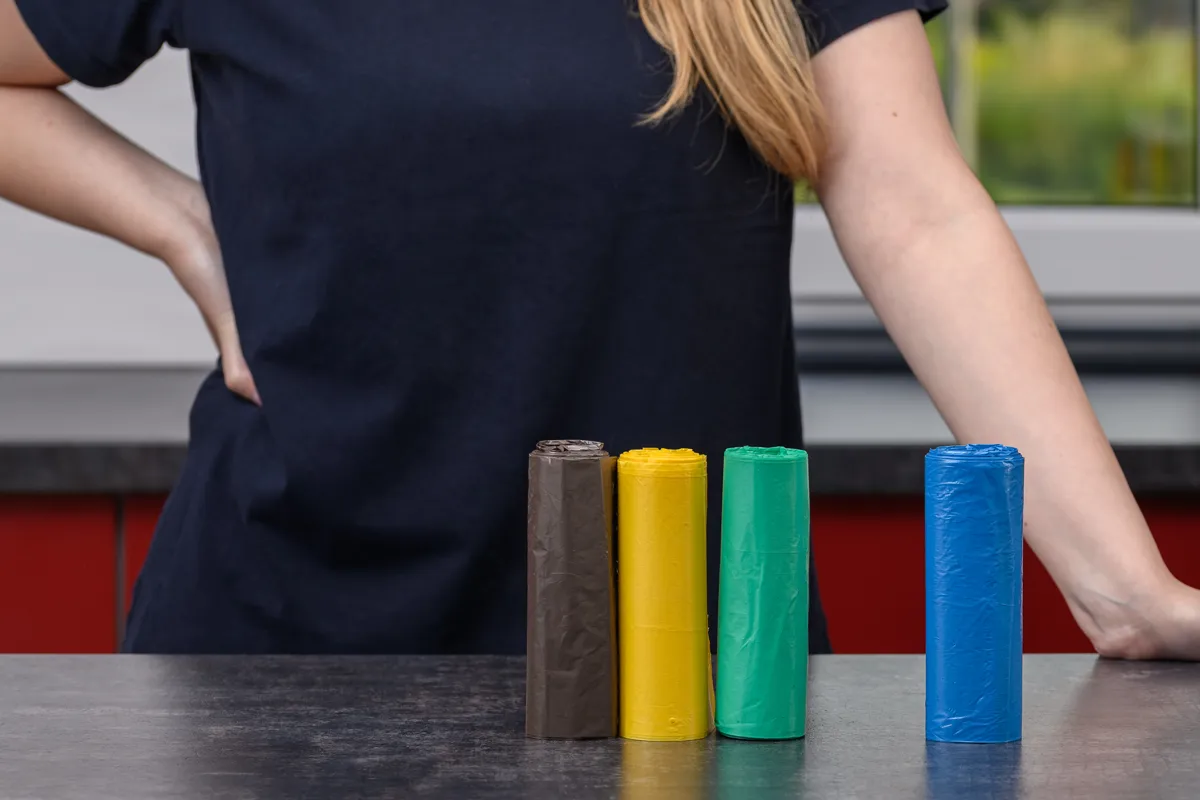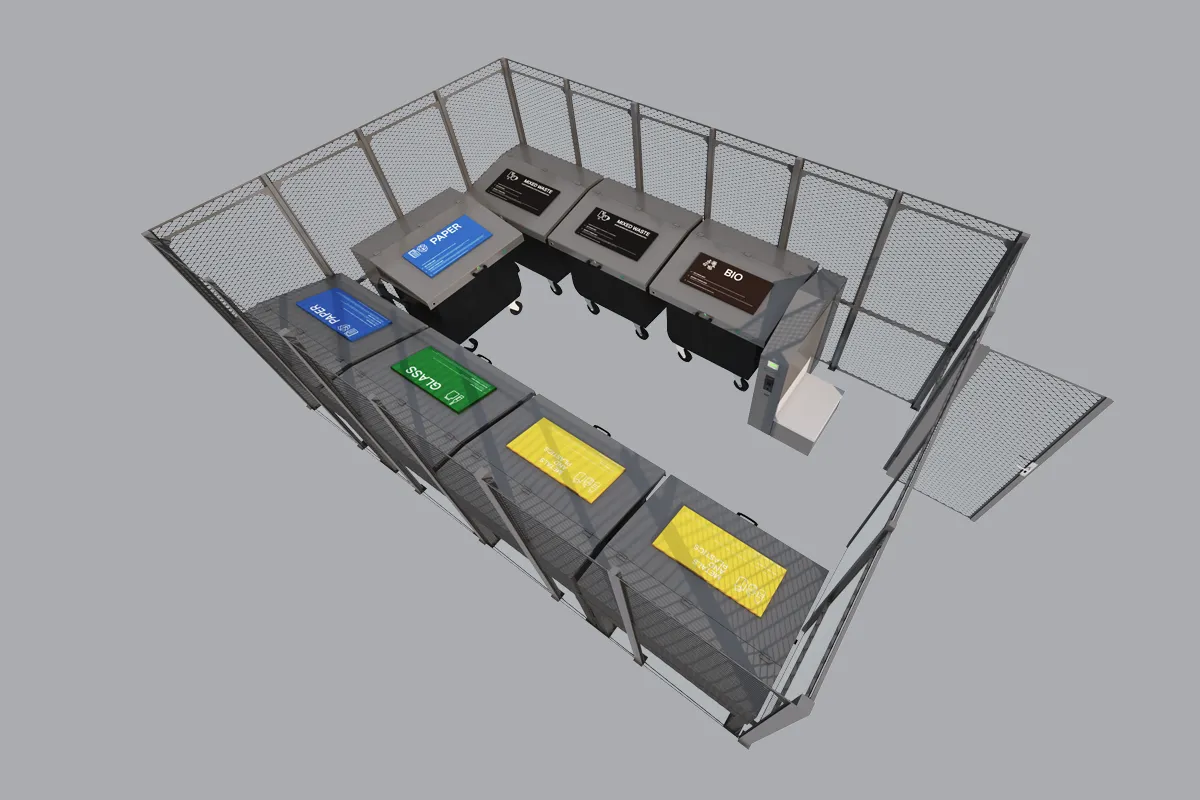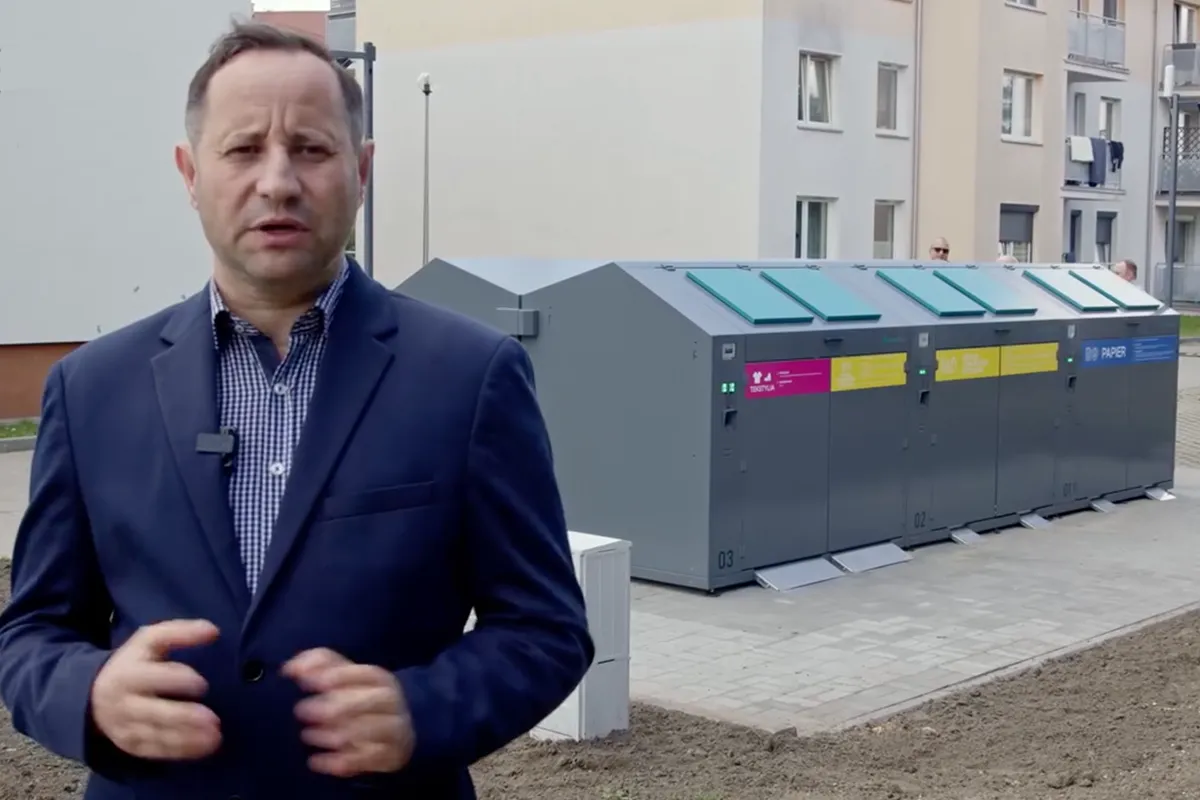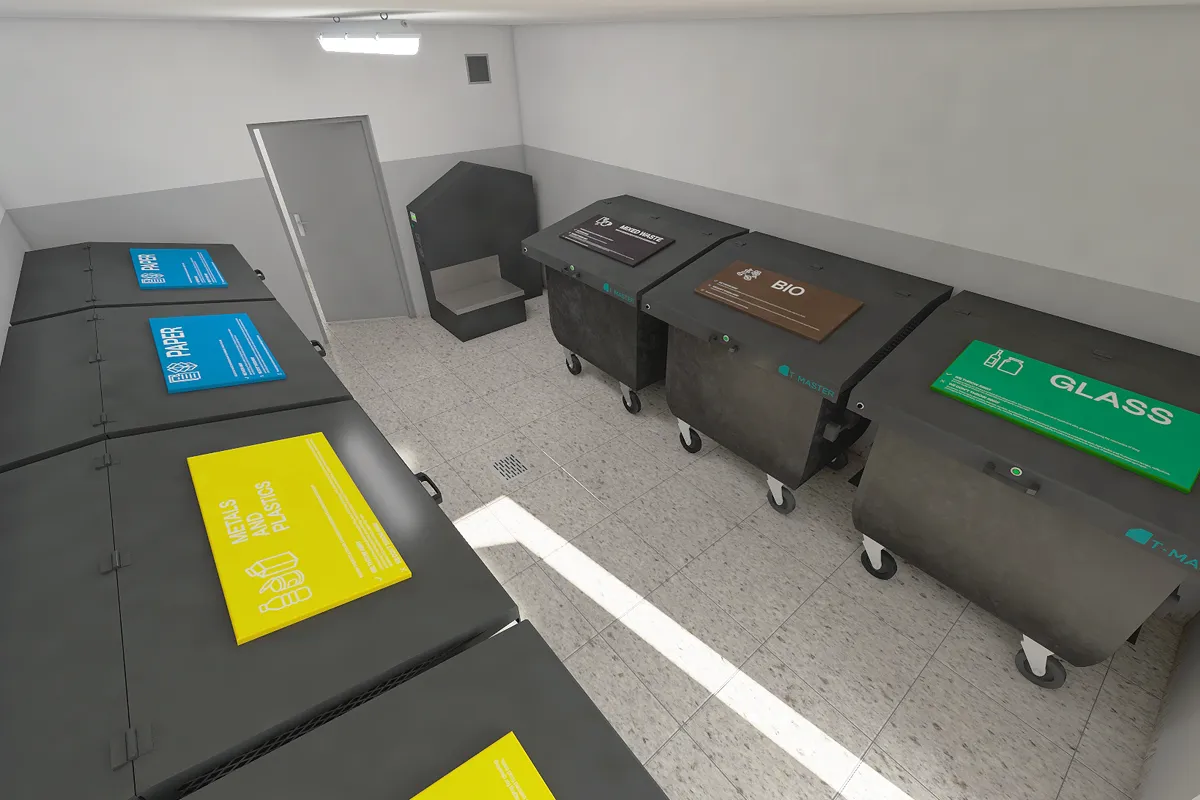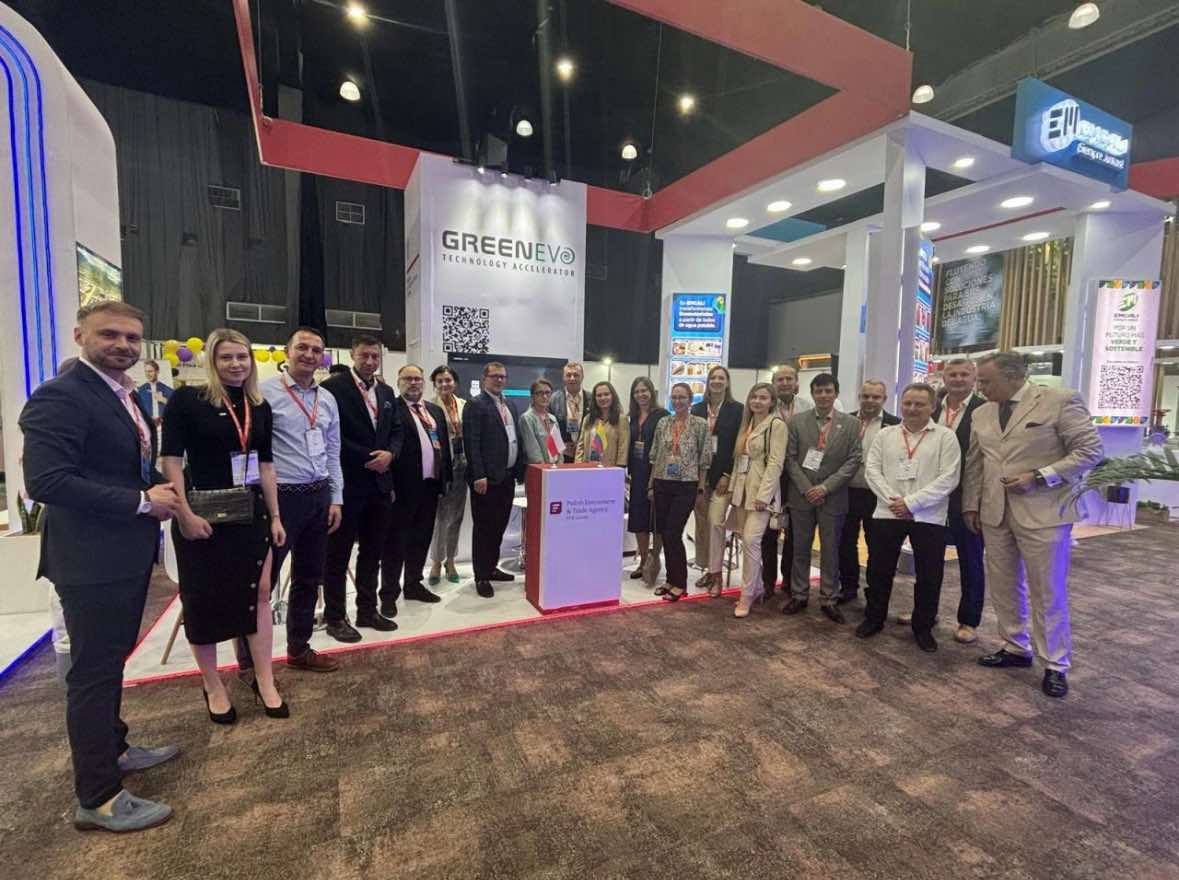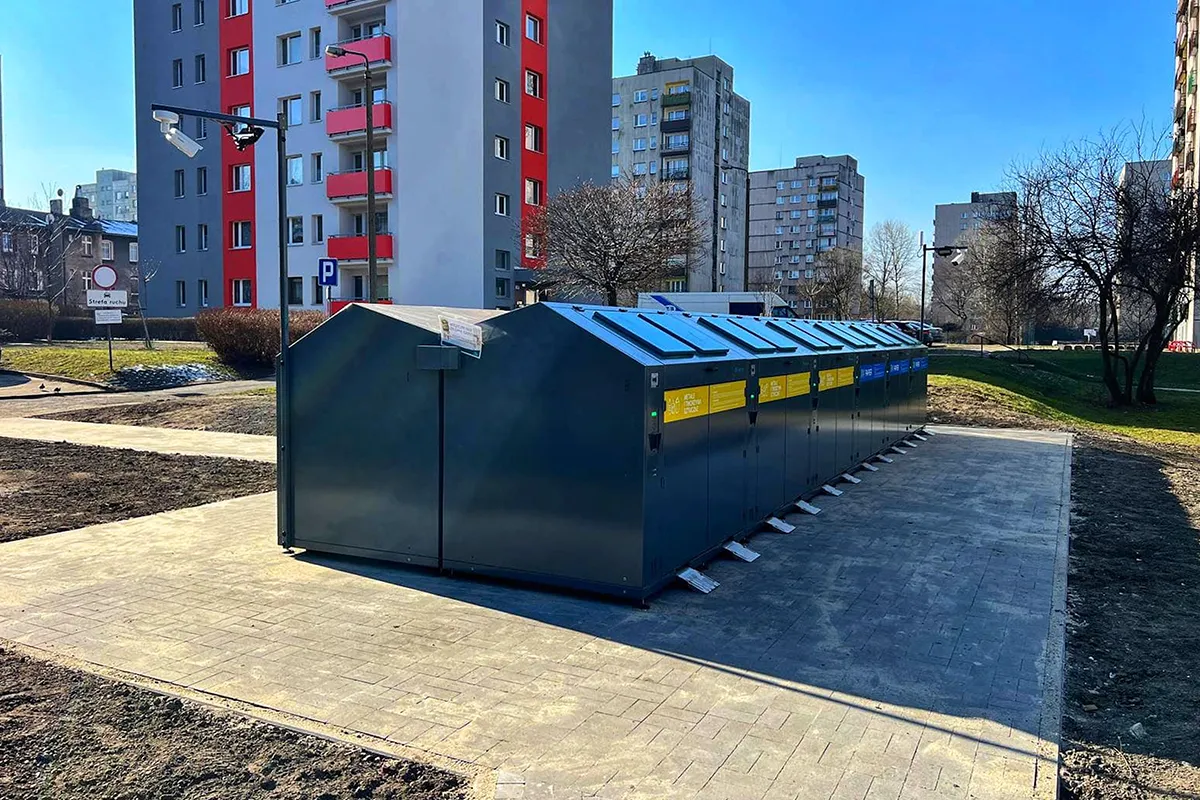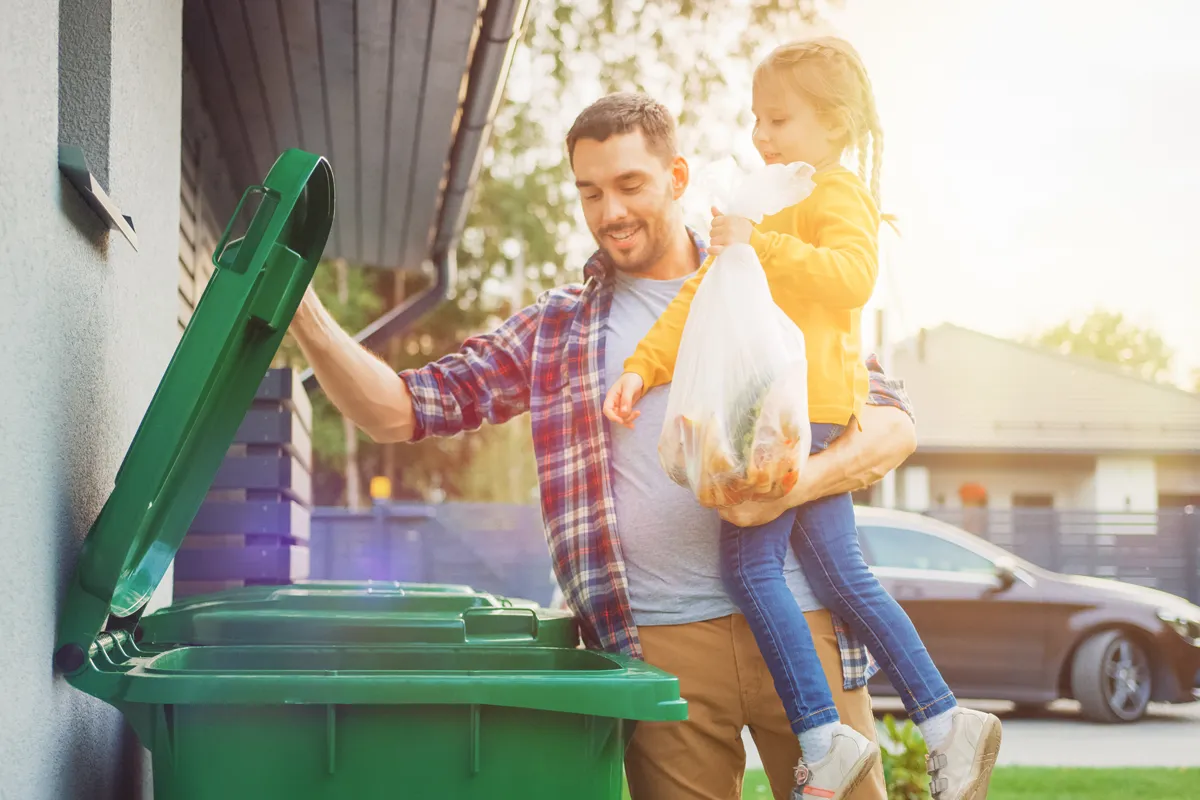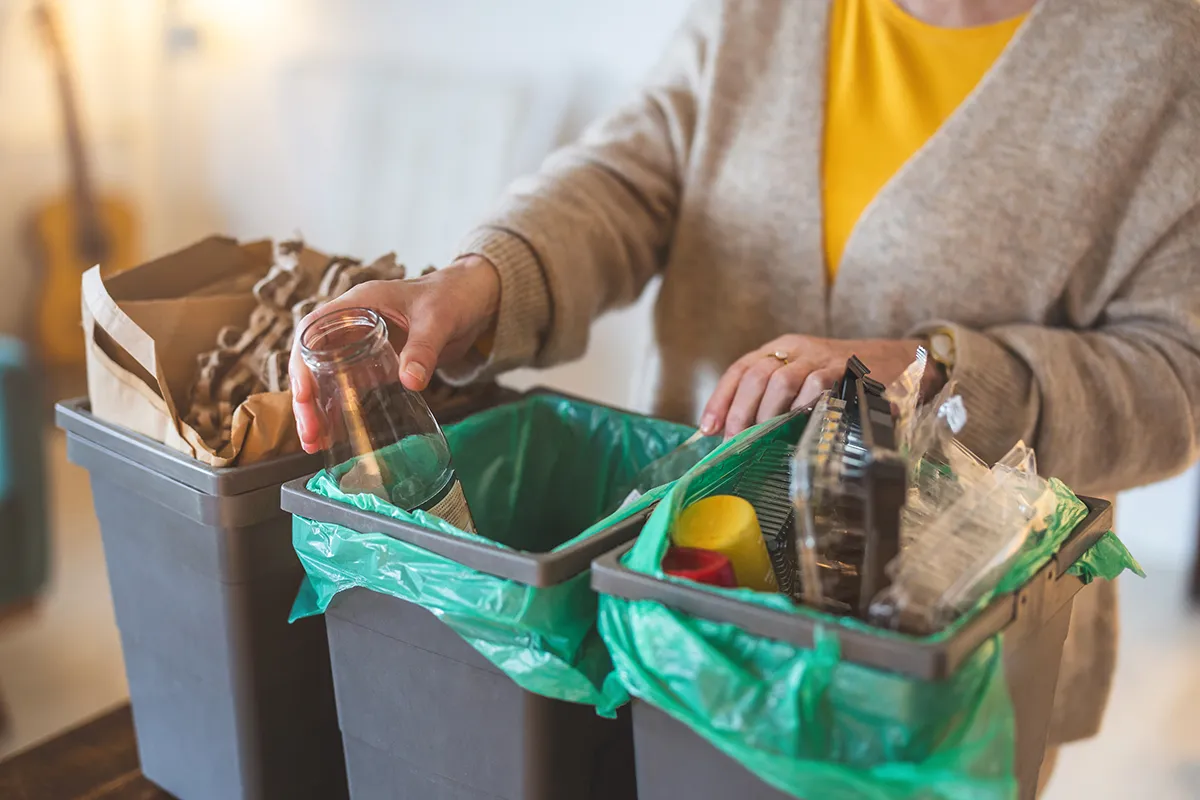Individual Waste Segregation System in Rumia – How the Municipality Avoided Multi-Million Penalties
The Challenge
In 2022, the City of Rumia conducted an analytical review revealing that the municipal recycling rate for 2021 stood at just 27%. At the time, it was already known that upcoming years would bring increasingly strict requirements for selective waste collection:
- 35% by 2023,
- 55% by 2025,
- 60% by 2030.
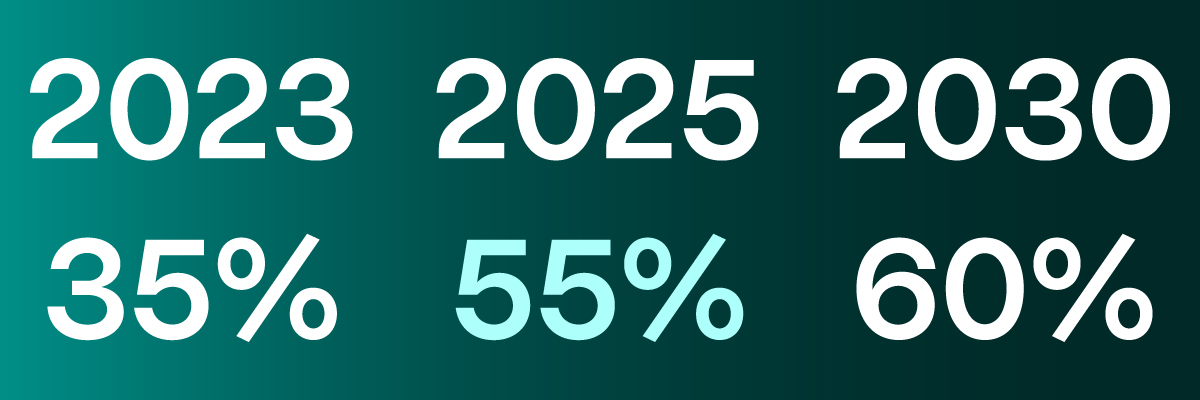
Failure to meet these targets threatened the municipality with multi-million PLN penalties, which could severely impact the city’s budget—limiting funds for investments, renovations, and co-financing external projects.
Local Government Decision
The city council made a strategic decision to implement modern solutions that would improve waste segregation. After analyzing the available tools and technologies, they chose the Individual Waste Segregation System by T-Master SA, which is based on smart bins and waste identification technology.
Implementation with T-Master S.A.
In 2022, the municipality secured external funding and announced a tender for the purchase and installation of the system. In December 2022, phase I began, covering the multi-family housing areas managed by the Janowo Housing Cooperative and the Municipal Buildings Administration.
Results
In just the first full year of system operation (2023), the selective waste collection rate rose to 65%. This was achieved without implementing any control or penalty mechanisms planned for later stages. Residents expressed high satisfaction with the system—watch the video below:
Outlook for the Future
It is assumed that maintaining the 65% selective waste collection rate and processing waste at the facility in 2025 will enable Rumia to meet the 55% recycling target. This will help the city avoid financial penalties and maintain a stable investment budget.
The Role of Smart Systems in Rumia’s Success
A key factor in this success was the implementation of a modern segregation system. Smart waste bins, waste identification, and fill-level monitoring enabled both residents and property managers to exercise better control over selective collection. These solutions are especially effective in high-density housing, where traditional oversight methods are limited.
A Model for Other Municipalities
Rumia’s success can inspire other cities facing similar challenges. Waste systems in apartment buildings, smart waste bins, and identification technologies represent the future of waste management in Poland.
These solutions not only improve recycling performance but also reduce collection costs, lower CO2 emissions, and raise environmental awareness among residents. Implementing tools such as waste segregation systems, selective collection infrastructure, and smart bins helps build environmentally friendly, financially stable municipalities that are ready for future challenges.


